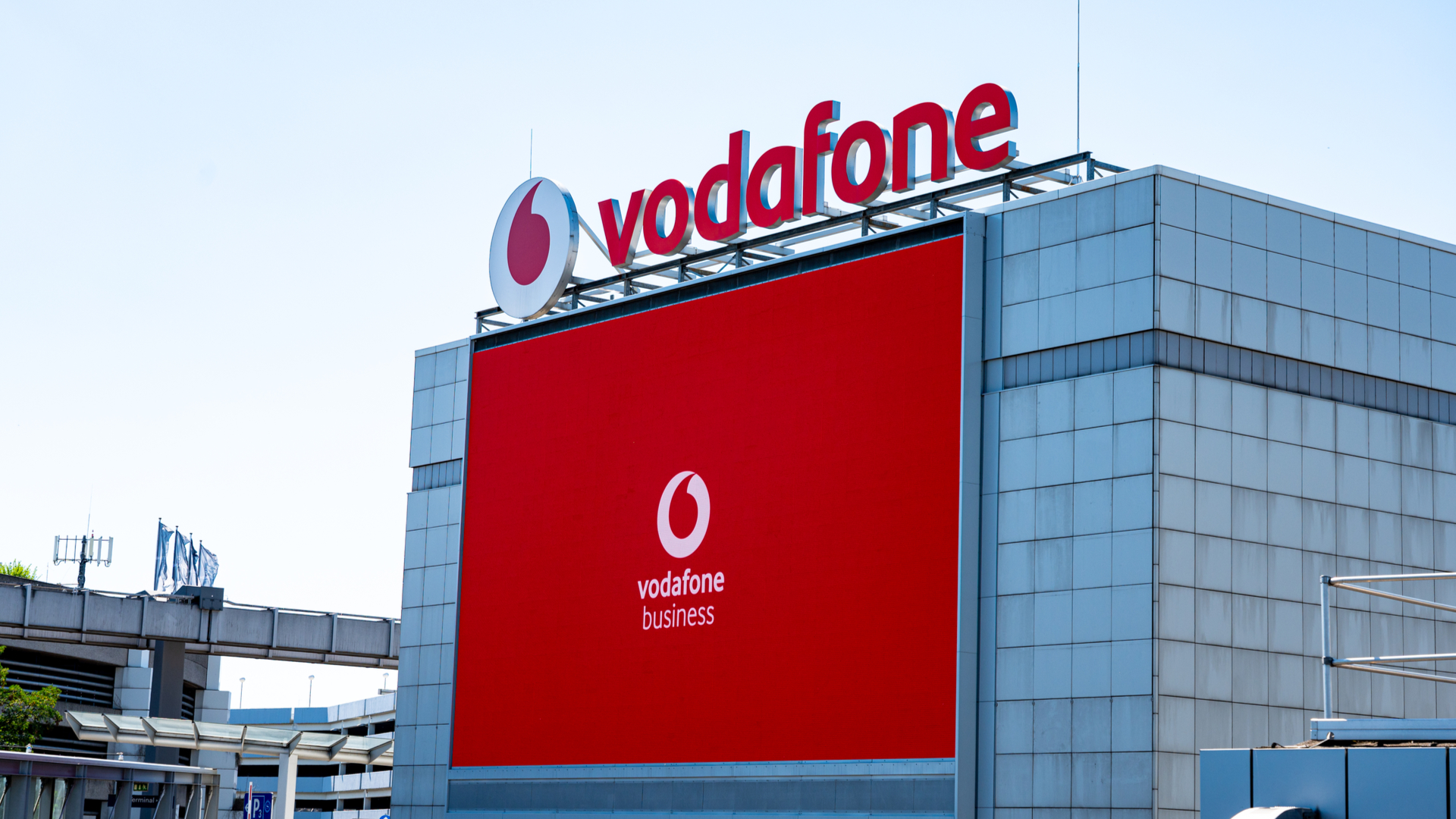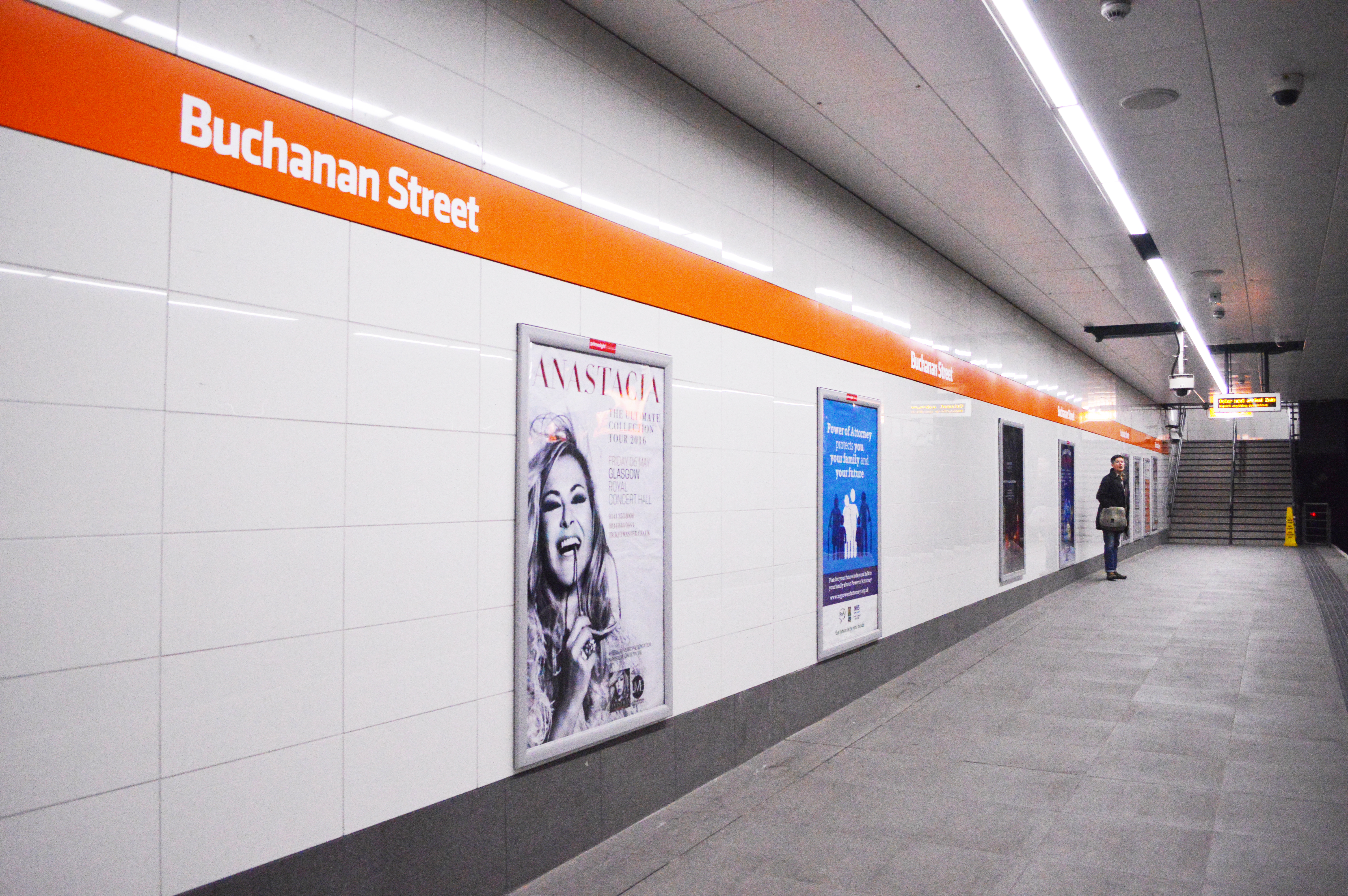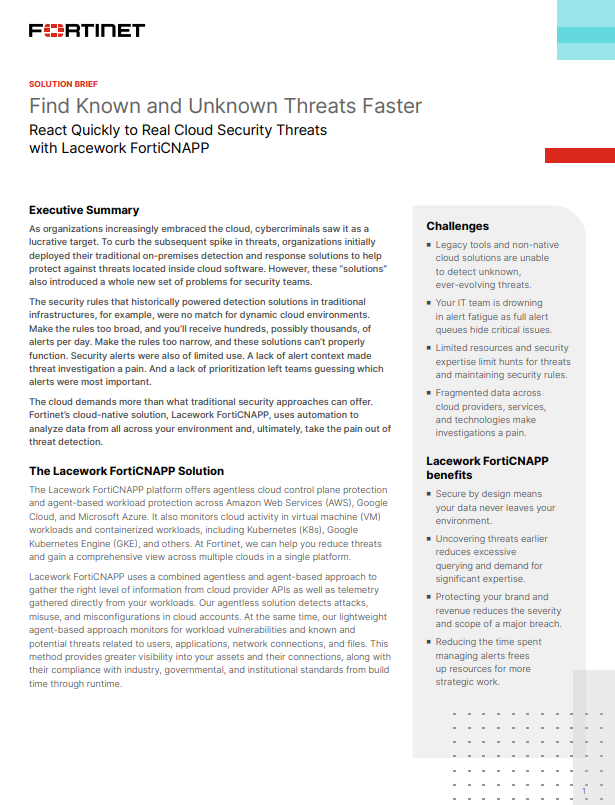Vodafone rubbishes reports its network is inferior in London
Updated: Network takes aim at RootMetrics results, which tip EE as the capital's top network operator.

Vodafone has slammed results from a RootMetrics survey, which concluded the operator had the worst connectivity out of the big four networks in London.
RootMetrics, a Seattle-based firm said it performed over 83,000 tests in London to compare calls, texts, and mobile data connectivity on the four major networks EE, O2, Three and Vodafone.
Each one was rated by category and given an overall score also. EE came out top in all of the tests, but it did share the honours in the call performance category with O2.
Vodafone has hit out at the results, claiming that the methodology is so flawed, the results are rendered "laughable". The network also suggests the results may be skewed because other networks are customers of RootMetrics.
In a statement to IT Pro, Vodafone claimed that RootMetrics showed no signs of following standard industry practices during testing, and outlined four key complaints about the findings.
Different phones were used for testing different operators, which did not provide a like-for-like comparison.
The performance of EE was measured solely using 4G and then compared against 2G/3G for the other operators.
Get the ITPro daily newsletter
Sign up today and you will receive a free copy of our Future Focus 2025 report - the leading guidance on AI, cybersecurity and other IT challenges as per 700+ senior executives
There is no information of the test variables, which Vodafone claims makes it impossible to ensure like-for-like performance is being contrasted.
It was unclear how the final result was calculated. Vodafone claims the ranking does not match the individual Key Performance Indicators that RootMetrics makes available on its website (eg for mobile internet Vodafone is scored 17 points behind Three and 8 points behind O2 despite comparable or better download/upload performance).
In a statement a Vodafone spokesperson said it regularly commissions independent testing of its network by Germany firm P3, which also carries out work for many of the world's largest mobile networks.
"The results that RootMetrics is publicising through the press bear little relation to the experience we give customers every day," the Vodafone spokesperson added.
"Their most recent findings, which are barely a month old, disprove many of the findings of RootMetrics in London."
Update: 7/6/13 RootMetrics has since provided a detailed response to Vodafone:
The firm stopped short of denying it works for any particular network, instead maintaining that it is 100 per cent independent and its goal is to improve the quality of networks.
RootMetrics confirmed that it used the Samsung Galaxy S3 4G to test EE, Three and Vodafone, and decided to use the Sony Xperia Z for O2. The firm claimed it benchmarked phones before testing and then used the device which would put "every operator in the best light".
With regards to why it compared EE's 4G against operators using 3G, RootMetrics said that it wanted to testing to reflect the experience that a consumer can expect. which is why it
"In the specific case cited here, we tested EE on a 4GEE plan, which will default to 2G/3G when 4G is not available (we install no special software to 'force' 4G only testing)," RootMetrics said.
"We found the step down from 4G occurred not infrequently within the London urban centre, 80% of our tests were on 4G (LTE); outside the centre, however, the percentage of tests on 4G fell below 50 per cent. We do not weight results in any way."
In terms of methodology, RootMetrics claims that it explains exactly which tests are performed, how they are conducted and what happens during them on its site. All test on all operators are conducted at the same time and same place to ensure an apples to apples comparison. In the case of London, this encompasses over 80,000 tests across the four networks reviewed.
Finally, RootMetrics noted that its rankings are calculated in the following manner. Call scores account for 45 per cent, mobile internet 45 per cent and text 10 per cent. Each of these scores include elements based on empirical results for instance, for mobile internet, the scores encompass not only the speeds but also factors such as connection success percentage, speed to load a typical web page or connected app experience, time to download 10 emails (and the various success or failure percentages in doing these activities).
RootMetrics claims it does not publish every individual data point because "the 100 KPIs could confuse consumers".
-
 Vodafone and Altice launch €7 billion joint venture in Germany
Vodafone and Altice launch €7 billion joint venture in GermanyNews The British telco currently offers connections to over 24 million homes in Germany, its biggest market
By Zach Marzouk
-
 EE rolls out 4G across Glasgow's underground network
EE rolls out 4G across Glasgow's underground networkNews The network is currently restricted to EE customers but is likely to expand in the near future
By Sabina Weston
-
 Nokia and NASA join forces to bring 4G to the moon
Nokia and NASA join forces to bring 4G to the moonNews Cellular service will provide the communications needed for meaningful moon exploration
By Tyler Omoth
-
 Birmingham crowned the fastest UK city for 4G download speeds
Birmingham crowned the fastest UK city for 4G download speedsNews While Birmingham also recorded the highest speed hike over 2019, London came in at a middling 9th place
By Keumars Afifi-Sabet
-
 Vodafone to remove Huawei equipment from its core networks
Vodafone to remove Huawei equipment from its core networksNews The decision comes after PM capped Huawei’s involvement in building the UK’s 5G telecoms network
By Sabina Weston
-
 LTE vs 4G: Which is better?
LTE vs 4G: Which is better?In-depth Comparing LTE vs 4G has become common in recent years, but how exactly do they differ, and is 4G faster?
By Jane McCallion
-
 What is 4G?
What is 4G?In-depth A look at the fourth generation of mobile networking technology and its availability in the UK
By Rene Millman
-
 4G vs 5G - what's the difference?
4G vs 5G - what's the difference?Vs From 3G to 4G, mobile connectivity has revolutionised our lives. Now 5G is set to do it again
By Bobby Hellard

